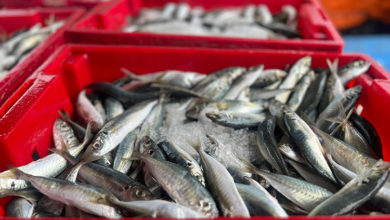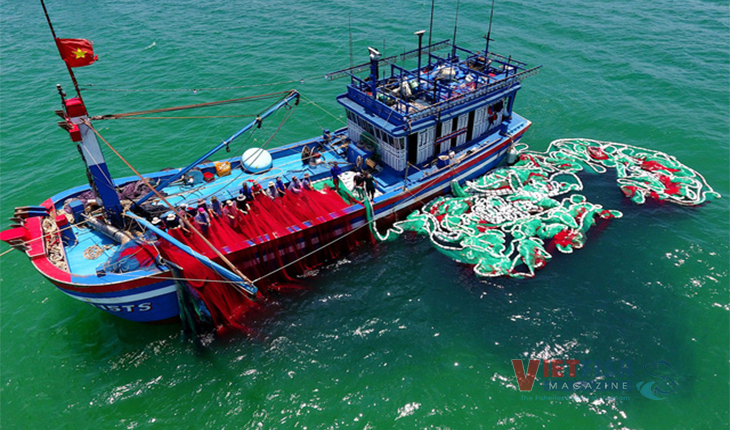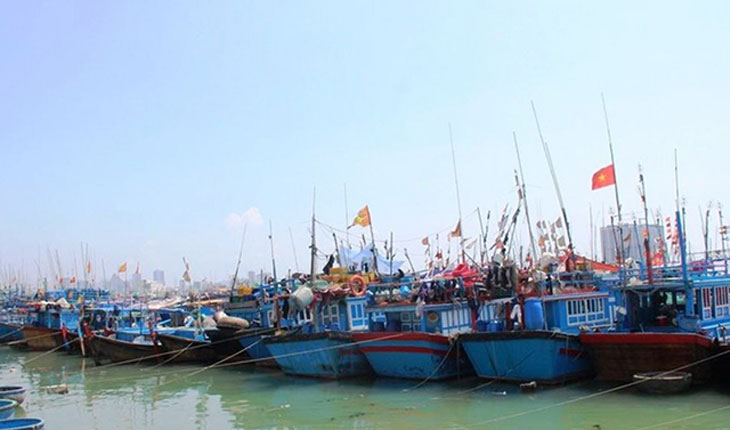Vietnamese tuna exports eye opportunities in Middle East markets
Vietnamese tuna exporters have seen the Middle East as an alternative market in a bid to move closer to this year’s US$524 million export target, 8% higher than a year earlier after the EC has issued a “yellow card”.
During the first three quarters of this year, tuna exports reached USD 430 million, up 21.2% y-o-y, surpassed the set export target of roughly USD 50 million. However, shrinking exports due to the EU’s issuance of ‘yellow card’ has raised great concerns for other major importers. In these difficult circumstances, exporters have found a market that has huge potential to replace the demanding EU market.
With an impressive export growth of 109.3% to almost USD 35 million in the period, Israel gradually replaced ASEAN to become Vietnam’s third largest importer. Thailand, Vietnam and the Philippines are the biggest tuna suppliers of Israel, in which Israel imports a big volume of canned tuna products from Vietnam, making the country become the second largest exporter to Israel after Thailand. For Israel’s market segment of frozen tuna, Vietnam is dominating the Israeli market with hardly any significant rivals.
While tuna export to traditional markets such as the EU and the US grind to a halt, the Middle East, particularly Israel, has emerged as the best choice for Vietnamese exporters. Tuna imports to the Middle East have displayed a consistent upward trend over recent years, from USD 286 million to USD 791 million the last decade alone, of which Egypt, Saudi Arabia and Israel are the three largest importers. Last year, Vietnam earned USD 41.55 million from exporting tuna to the Middle East, representing a significant rise of 29%.
With the high consumption demand of around 200,000 tons annually and a low import duty of 5% when compared to the US and EU, and free duty frozen tuna fillets the Middle East is considered a profitable market for Vietnamese tuna exporters, especially when US and EU have imposed strict regulations on illegal, unreported and unregulated (IUU) fishing.
VFM






